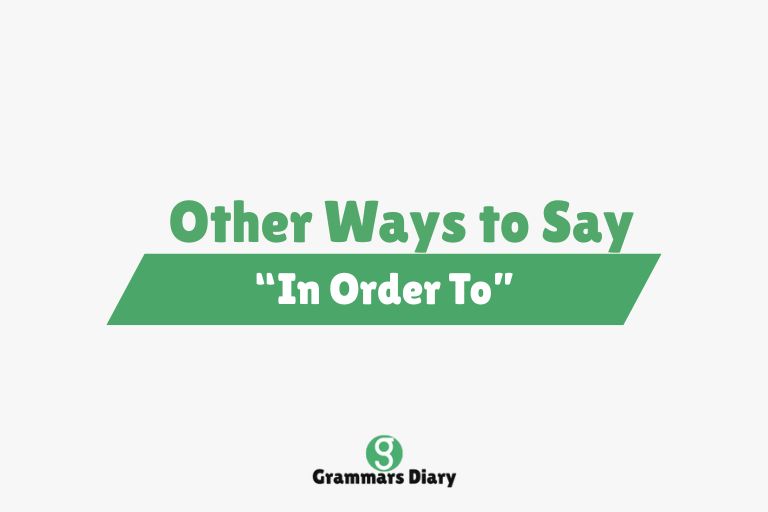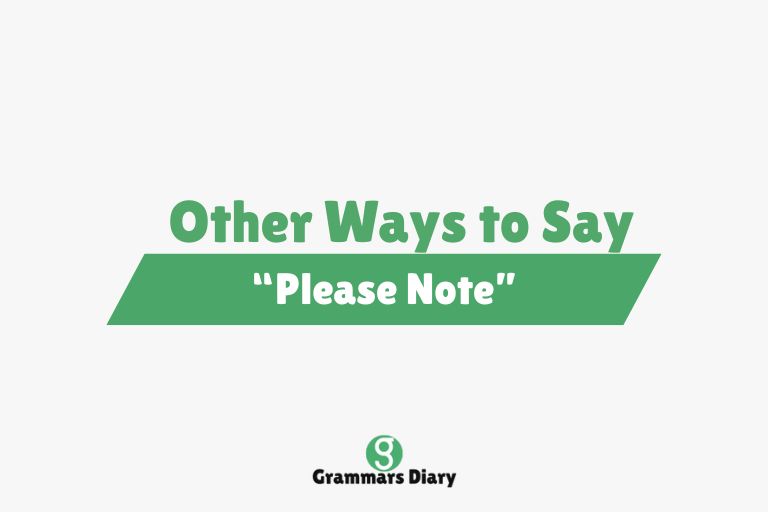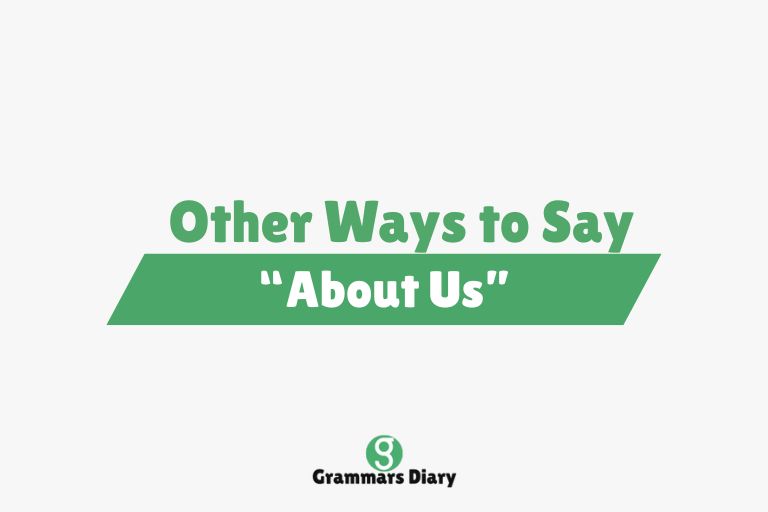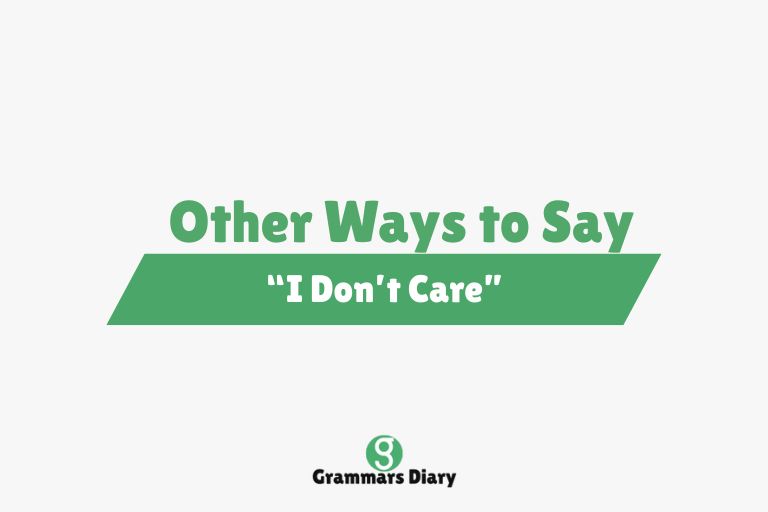25 Other Ways to Say “I Like Something”
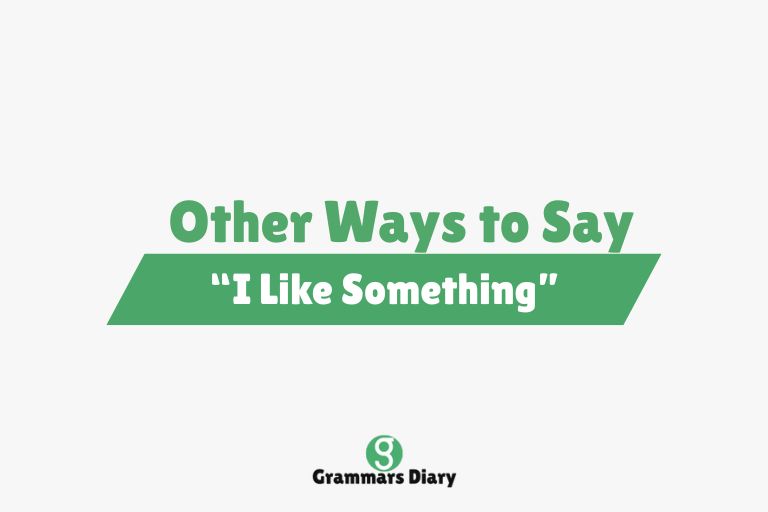
The phrase “I like something” is a simple and commonly used expression that conveys positive feelings or approval toward a person, object, experience, or idea. When someone says, “I like this movie,” they’re expressing enjoyment, satisfaction, or emotional connection, whether it’s because of the story, the characters, or simply how it made them feel.
But just like many expressions in English, “I like something” can be conveyed in several different ways depending on the setting, the emotional intensity, and the level of formality required. In this post, we’ll explore 25 alternative phrases that help communicate appreciation, admiration, or fondness in both casual and professional conversations.
Other Ways to Say “I Like Something”
1. I Enjoy
Example: “I really enjoy spending time with my family on the weekends.”
Meaning: To take pleasure in or find satisfaction from something.
Usage: A commonly used alternative in both spoken and written English that slightly emphasizes emotional engagement or fulfillment.
2. I’m Fond Of
Example: “I’m fond of rainy afternoons and hot coffee.”
Meaning: To have an affectionate or tender liking for something.
Usage: Often used in more reflective or emotional contexts to describe personal or sentimental preferences.
3. I Appreciate
Example: “I appreciate the work you’ve done on this project.”
Meaning: To recognize and value the importance or quality of something.
Usage: Frequently used in professional or respectful situations to express gratitude or genuine recognition.
4. I’m Into
Example: “Lately, I’ve really been into true crime documentaries.”
Meaning: To be highly interested or engaged in a specific topic, activity, or hobby.
Usage: This is a casual, modern expression popular among younger speakers or in informal conversations.
5. I Adore
Example: “I absolutely adore puppies.”
Meaning: To love deeply or have an extreme affection for something or someone.
Usage: Suitable for emotional, exaggerated statements that highlight how strongly someone feels about a subject.
6. I’m Keen On
Example: “She’s quite keen on learning new languages.”
Meaning: To be enthusiastic or eager about something.
Usage: More common in British English, this phrase is appropriate in formal or informal contexts depending on tone.
7. I Love
Example: “I love cooking Italian food.”
Meaning: To feel a strong emotional attachment or enjoyment.
Usage: Used to express a deep or passionate feeling of liking, often stronger than just “like.”
8. I Relish
Example: “He relishes a good challenge.”
Meaning: To deeply enjoy or find great pleasure in something, especially something intense.
Usage: Often found in literary or descriptive writing and formal speech.
9. I’m Partial To
Example: “I’m partial to dark chocolate over milk chocolate.”
Meaning: To have a slight preference or special liking for something.
Usage: Suitable for both casual and formal situations where you want to express a gentle preference.
10. I Think Highly Of
Example: “I think highly of her opinions on business strategy.”
Meaning: To regard someone or something with great respect or admiration.
Usage: Often used in formal or professional contexts to show strong approval or respect.
11. I Delight In
Example: “She delights in helping others.”
Meaning: To take great pleasure or joy in doing something.
Usage: This has a poetic or expressive tone, making it more appropriate in writing or formal speech.
12. I’m All About
Example: “I’m all about healthy eating these days.”
Meaning: To be very interested in or enthusiastic about a subject or activity.
Usage: A casual and friendly phrase that communicates active support or involvement.
13. I Gravitate Toward
Example: “I naturally gravitate toward creative projects.”
Meaning: To be drawn to something by inclination or interest.
Usage: Suitable for thoughtful or descriptive contexts, especially when discussing habits or tendencies.
14. I Respect
Example: “I really respect his dedication to the craft.”
Meaning: To admire deeply and value someone’s qualities or work.
Usage: More formal than “like,” used especially in work or academic settings to express admiration with seriousness.
15. I Have a Soft Spot For
Example: “I have a soft spot for old jazz records.”
Meaning: To feel emotionally attached or tender toward something, even if it’s not objectively perfect.
Usage: Often used in sentimental or affectionate contexts to express emotional fondness.
16. I’m Drawn To
Example: “I’m drawn to minimalist design.”
Meaning: To feel naturally attracted to something or someone.
Usage: Useful in both formal and casual speech when discussing preferences or inclinations.
17. I’m Crazy About
Example: “She’s crazy about vintage fashion.”
Meaning: To be extremely enthusiastic or passionate about something.
Usage: Highly expressive and casual, commonly used in informal conversations.
18. I’m a Big Fan Of
Example: “I’m a big fan of your writing style.”
Meaning: To admire or support something or someone a lot.
Usage: Friendly and informal, often used to give compliments.
19. I Treasure
Example: “I truly treasure our memories together.”
Meaning: To value something deeply, often with emotional significance.
Usage: Suitable for heartfelt, reflective conversations or writing.
20. I Admire
Example: “I really admire her confidence and professionalism.”
Meaning: To regard with respect and approval.
Usage: Ideal for formal or respectful communication, often in workplace or academic settings.
21. I’m Enthusiastic About
Example: “I’m enthusiastic about starting the new project.”
Meaning: To feel eager or excited about something.
Usage: Works well in professional, motivational, or collaborative environments.
22. I’m Captivated By
Example: “I’m captivated by the beauty of classical music.”
Meaning: To be fascinated or held in intense interest.
Usage: Often used in poetic or descriptive writing, but also suitable for formal praise.
23. I’m Passionate About
Example: “I’m passionate about environmental sustainability.”
Meaning: To have strong emotions and commitment toward something.
Usage: Common in personal statements, advocacy, and interviews.
24. I Cherish
Example: “I cherish every moment we spend together.”
Meaning: To hold something dear or treat with deep affection and care.
Usage: Emotional and heartfelt, typically used in intimate or reflective situations.
25. I Get a Kick Out Of
Example: “I get a kick out of solving tricky puzzles.”
Meaning: To greatly enjoy or have fun doing something.
Usage: A playful and informal way to express enjoyment or amusement.
When to Use Different “I Like Something” Alternatives
In Professional Settings
In business or workplace environments, it’s better to use expressions that sound respectful, mature, and clear. Phrases like “I appreciate,” “I admire,” or “I think highly of” work well when you want to convey support or positivity without sounding overly casual or emotional. These alternatives help you maintain professionalism while still expressing personal interest or approval.
In Casual Conversations
In everyday dialogue with friends, family, or peers, you can be more relaxed and expressive. Saying things like “I’m into,” “I’m a big fan of,” or “I get a kick out of” adds personality and keeps the tone light and friendly. These alternatives help make conversations more engaging and show your unique voice.
In Writing or Academic Contexts
When writing essays, articles, or research papers, clarity and tone matter. Words such as “I enjoy,” “I admire,” “I’m passionate about,” or “I appreciate” offer a more structured and formal way to express preferences, especially when making arguments or stating viewpoints with supporting reasons.
Conclusion
Saying “I like something” is a simple and clear way to express your interests, but with a richer vocabulary, you can be more precise, thoughtful, and expressive. From professional to playful, emotional to intellectual, there are so many ways to show your appreciation, admiration, or passion depending on the context and tone. Expanding your language not only helps you express yourself better but also improves how your message is received and understood by others.
For more ways to express yourself with variety and depth, exploring a good thesaurus or reading widely across different styles of writing can give you the inspiration and vocabulary to say what you truly mean.
FAQs
What does “I like something” mean?
It’s a way to express approval, enjoyment, or positive feelings about something or someone, whether it’s food, a person, an idea, or an activity.
Is “I like something” formal or informal?
It’s neutral and can be used in most situations, but depending on the setting, you might want to choose a more specific or expressive synonym.
Can “I love” and “I like” be used interchangeably?
Not always. “I love” expresses a stronger emotional connection or enthusiasm than “I like,” so context matters when choosing between the two.


